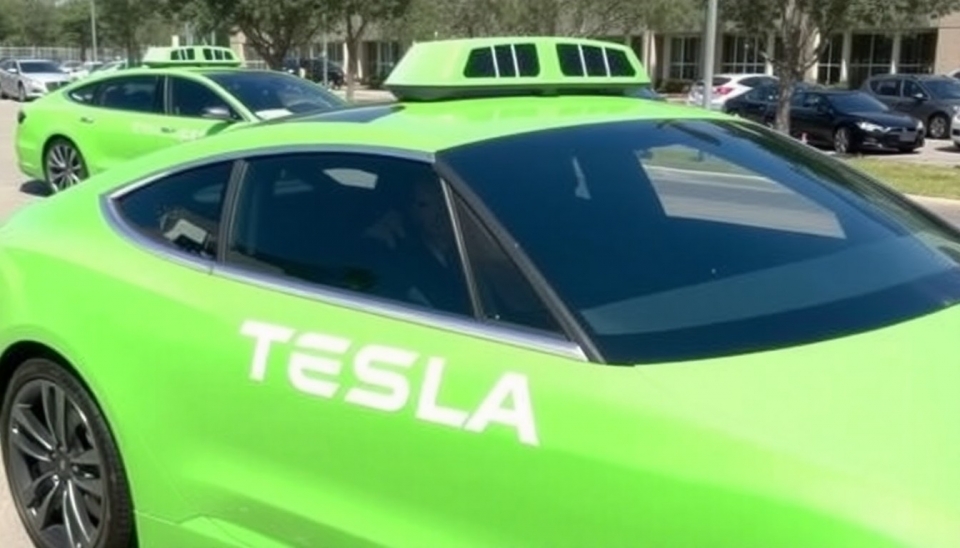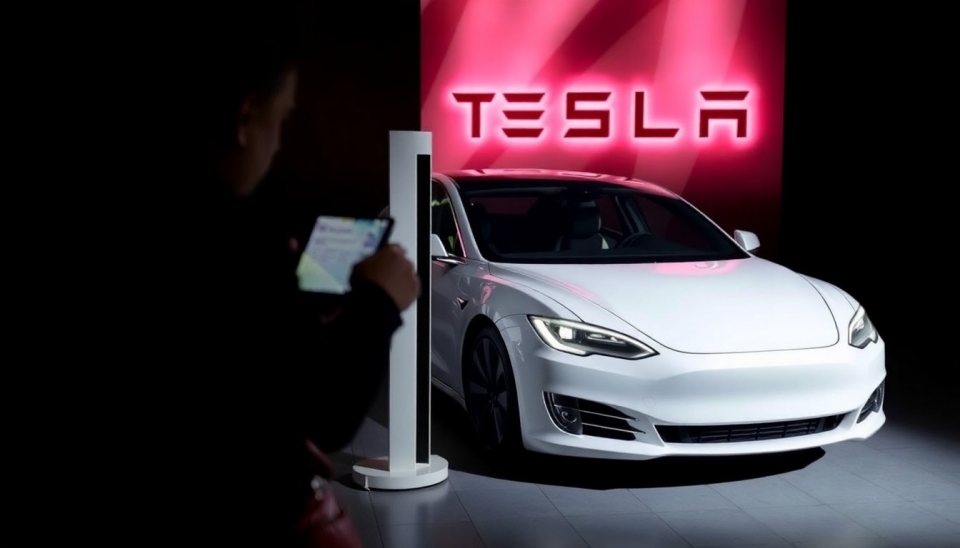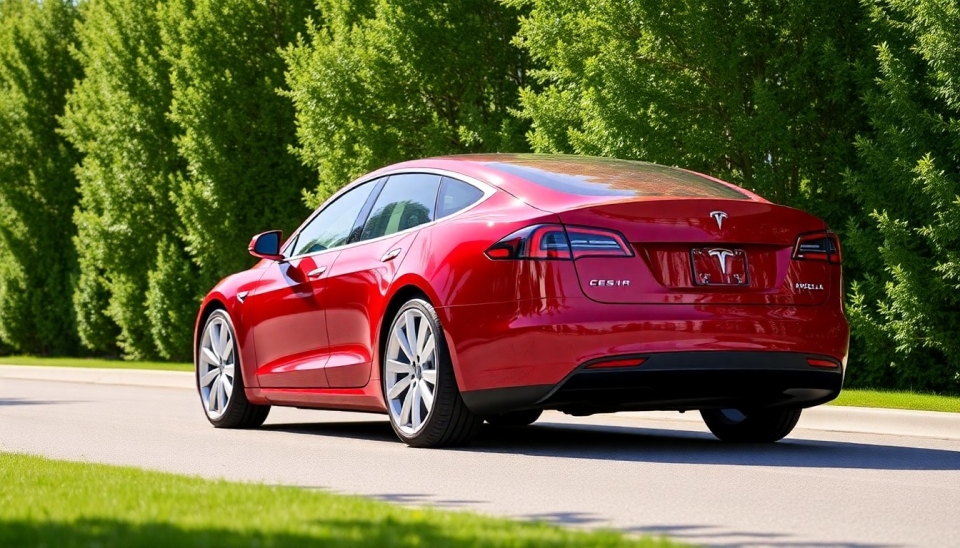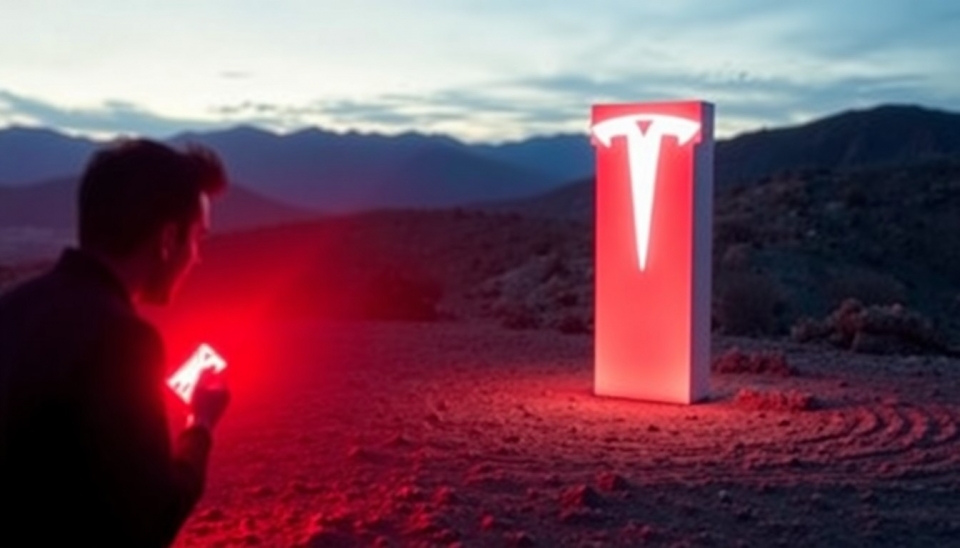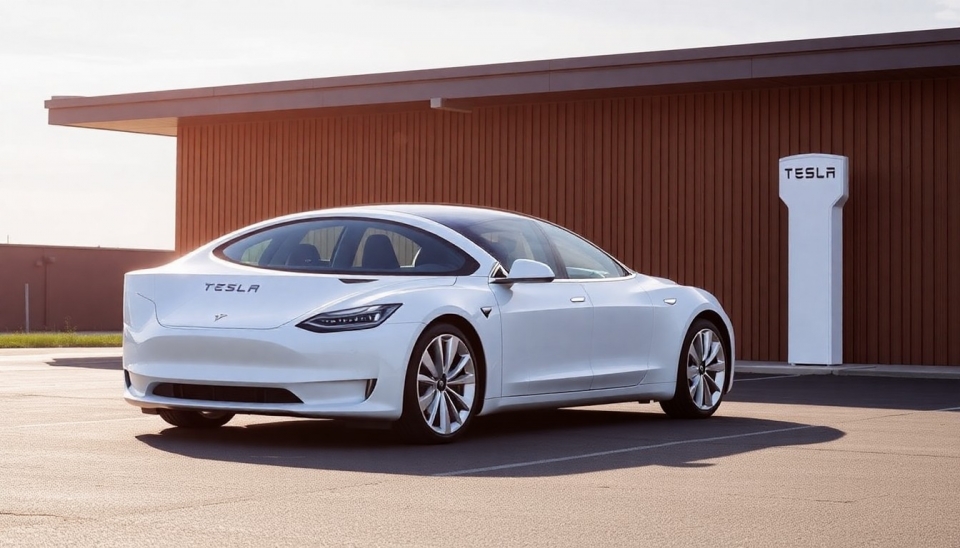
Tesla's advanced Full Self-Driving (FSD) technology is facing a significant investigation by U.S. regulators following a tragic incident that resulted in a fatality. This scrutiny marks yet another chapter in the ongoing debate over the safety and reliability of semi-autonomous vehicle systems, particularly as they become more widespread on public roads.
The U.S. National Highway Traffic Safety Administration (NHTSA) has launched a probe into the incident, focusing on the FSD system's performance at the time of the accident. Although details regarding the specifics of the crash are still unfolding, the implications of this investigation could have far-reaching effects on Tesla's reputation and its autonomous vehicle initiatives.
This recent accident adds to a growing list of reports concerning Tesla's Full Self-Driving technology, which has been both lauded for its innovation and criticized for its safety concerns. Over the past few years, the NHTSA has examined numerous incidents involving Tesla vehicles, particularly those equipped with FSD or the Autopilot feature, which allows cars to steer, accelerate, and brake automatically under certain conditions.
Critics of Tesla's FSD technology argue that the feature is often marketed in a way that might lead motorists to overestimate its capabilities, leading to potentially dangerous situations. In light of this investigation, many industry experts are calling for stricter regulatory oversight of autonomous driving technologies to ensure that they meet safety standards before being made available to the public.
In response to the latest incident, Tesla has not only expressed its condolences to the victim's family but also reiterated its commitment to improving the safety of its vehicles. The company has implemented a series of software updates since the roll-out of FSD and continues to develop its technology with a focus on real-world safety performance.
As this investigation progresses, the automotive industry, as well as tech companies working on similar technologies, will be closely monitoring the outcomes. This could serve as a pivotal moment for Tesla as it navigates the challenges of advancing innovative automotive technologies while ensuring public safety.
This situation underscores the balance that must be struck between technological advancement and rigorous safety standards in an industry that is rapidly evolving. Stakeholders, consumers, and regulators alike are no doubt looking for answers as they ponder the future of self-driving cars on the roads.
As the investigation continues, more information will be released that could shape the future of Tesla's FSD technology and the broader landscape for autonomous vehicles in America.
#Tesla #FullSelfDriving #FSD #NHTSA #autonomousvehicles #safedriving #techregulation #drivinginnovation
Author: John Miller
